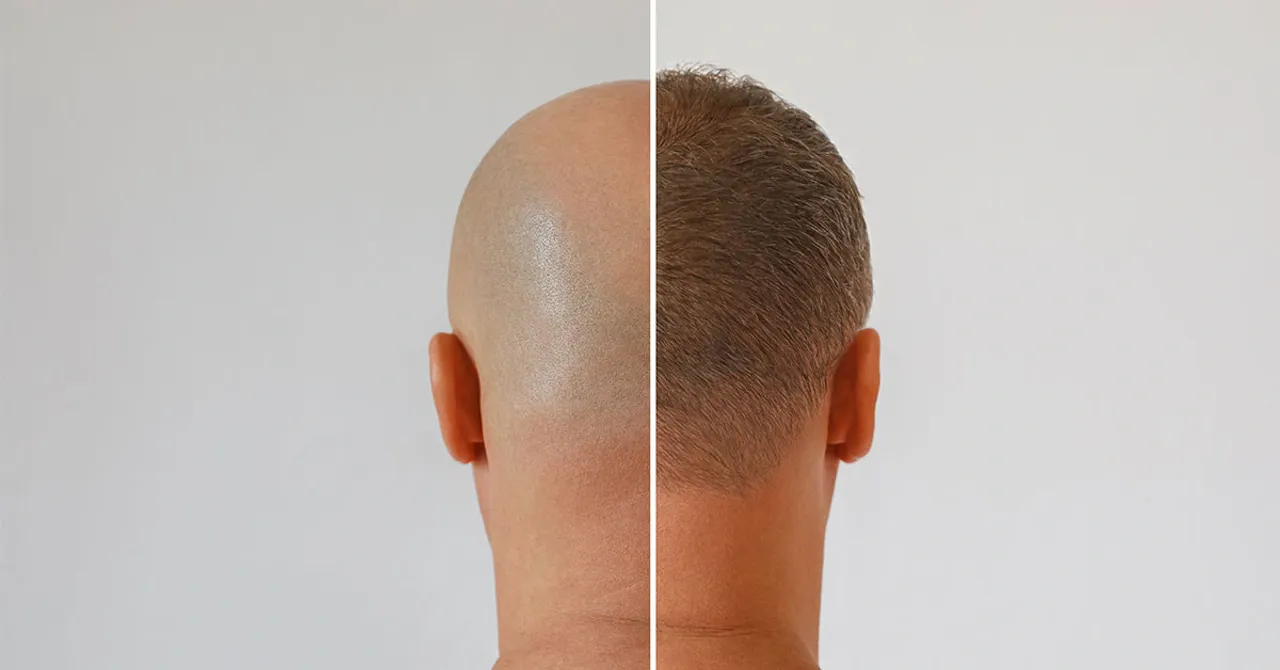Post-transplant care is a critical aspect of the overall hair transplant process. Proper care after the procedure plays a significant role in ensuring optimal healing, minimizing complications, and maximizing the success of the transplant. Here are some key concepts related to post-transplant care:
1.Prevent Infection:
Keep the recipient area clean and follow your surgeon’s instructions regarding washing and caring for your scalp. Avoid exposing the transplant to potentially contaminated water sources.
2.Medication Adherence:
Take prescribed medications, including antibiotics and anti-inflammatory drugs, as directed by your surgeon. These medications help prevent infection, control swelling, and support the healing process.
3.Gentle Handling:
Treat your transplanted hair and scalp with care. Avoid touching, scratching, or rubbing the recipient area to prevent dislodging grafts.
4.Avoid Sun Exposure:
Protect the transplant from direct sunlight, especially in the first few weeks. Use a hat or sunscreen to prevent sunburn, which can be detrimental to the healing process.
5.Limit Physical Activities:
Refrain from strenuous physical activities, heavy lifting, and exercises that may increase blood flow to the scalp. This precaution helps prevent trauma to the transplanted area.
6.Elevate Head While Sleeping:
Sleep with your head elevated for the first few nights after the procedure. This can help minimize swelling.
7.Follow Washing Guidelines:
Adhere to the recommended hair washing routine provided by your surgeon. Typically, a gentle shampoo is advised, and the washing process should be done with care to avoid disturbing the grafts.
8.Avoid Saunas and Steam Rooms:
Steer clear of saunas, steam rooms, and hot showers for a specified period to prevent excessive sweating, which could increase the risk of infection.
9.Patience During Shedding Phase:
Understand that a shedding phase is a normal part of the process. Don’t be alarmed if the transplanted hair falls out initially; regrowth typically begins in the following months.
10.Healthy Lifestyle:
Maintain a healthy lifestyle with a balanced diet and regular exercise. Good overall health supports the healing process and contributes to optimal hair growth.
Remember that individual care instructions may vary, and it’s crucial to follow the specific guidelines provided by your surgeon. If you have any questions or concerns during the post-transplant period, do not hesitate to contact your healthcare provider.


